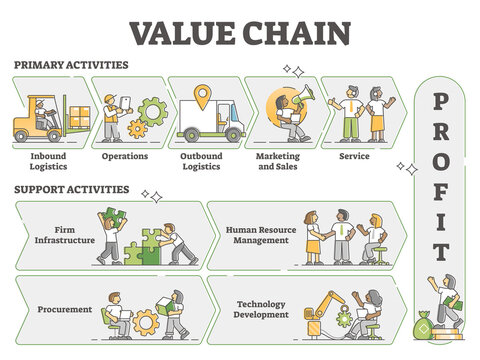So here is something that gets ignored too often when buying a solar system. When you decide to buy a solar system, you are in essence entering into a long-term relationship with your installer and the system itself.
Solar systems are designed to work for 10 to 20 years, or, at least, should be. So here is a scenario:
Let's say you decide to buy from an installer who was recommended by a friend of yours, because he was very affordable and the system works, let call that installer Installer A. What you don't know is that Installer A buys his equipment and batteries from an importer who decided to take a bond on his house to import a contained full of solar equipment from China. When those products fail, Installer A now has to approach the importer to service the warranty on the equipment, but the importer stopped importing the product due to the high failure rate of the equipment and closed up shop, costing him his house. That means that the 10-year warranty is just as good as the importer's balance sheet.
Let's take lithium batteries for instance. Lithium technology is still new and untested in the market, and it is a guarantee that some of those products with a 10-year warranty will fail before the 10-year period is up. In some cases those warranty claims might be so big that the importers will walk away from it.
That is why we buy only from reputable distributors with local presence and service that we can rely on. I know of incidents where poor quality goods were supplied, where our distributors broke ties with those manufacturers and still honoured the warranty on the poor product. Now that is true peace of mind. The guy with the imported Chinese products, with the bond on his house, won't be able to do that.
We therefore propagate the importance of the value chain, which ensures peace of mind service delivery to the end customer. After all, we do not want to lose a customer to the competition and loose our reputation in the process.
No matter what the warranty paper says, the warranty is just as strong as the value chain that was used to procure the product. It can be a manufacturer who has been supplying a distributor in the industry which has been in business for 30 year, who back an installer who has been in business for 4 years
OR
It can be the importer with a second bond on his house, selling to a plumber installing solar geysers who decided to make the shift to solar PV.
The second option is guaranteed to be cheaper in the short term. This goes for all equipment making up a solar system, PV modules, inverters and batteries.
The decision is yours. It remains important to make an informed decision.
